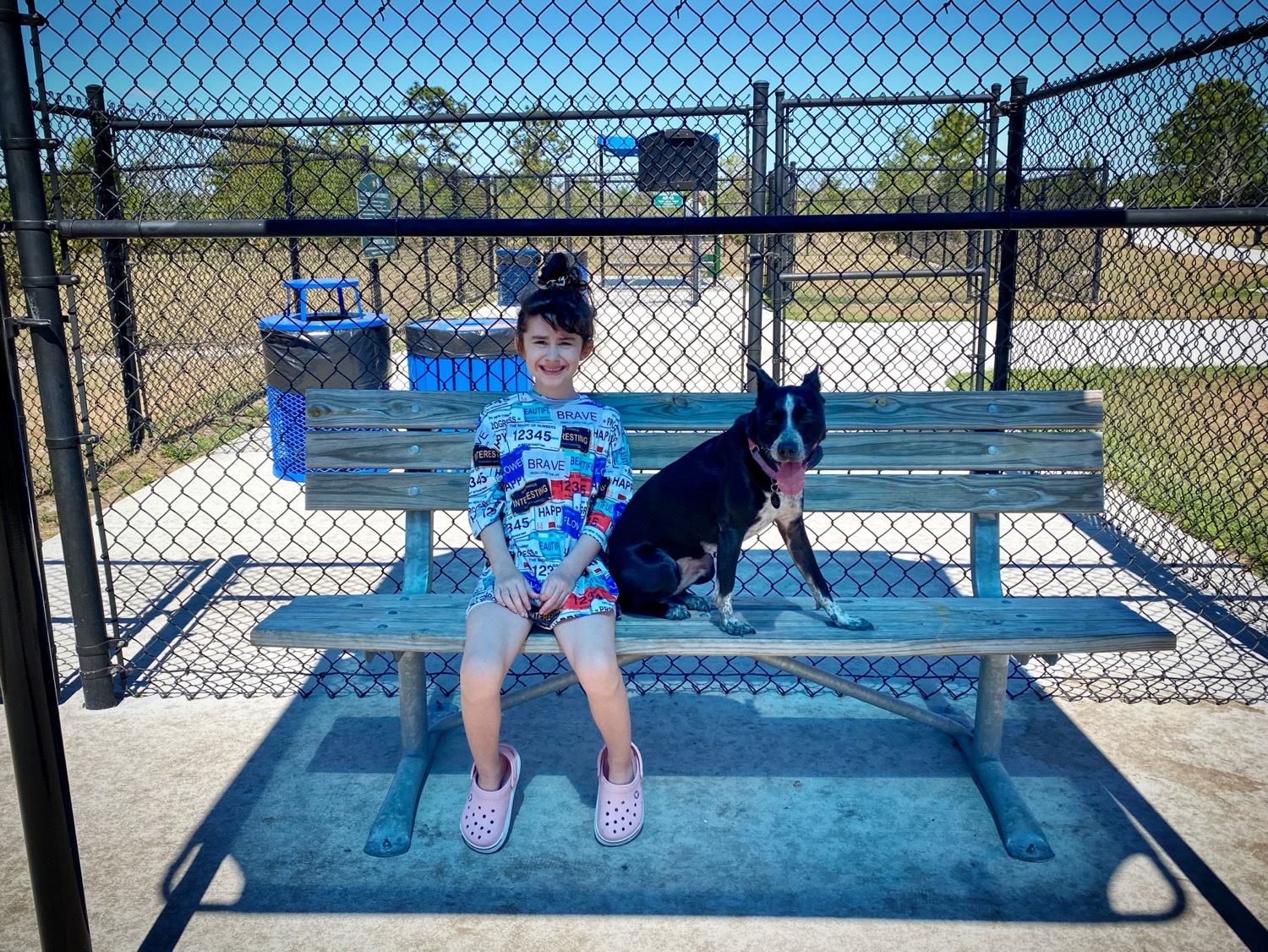The Imperative of Early Training: Capitalizing on the Eagerness of Young Dogs
- Jason Parks
- Oct 16, 2023
- 3 min read
Introduction
Every dog owner dreams of a well-behaved, obedient, and joyful canine companion. While every dog has its own learning curve, there's one universally accepted principle in the dog training realm: the earlier the training begins, the better. Young dogs, with their curious nature and malleable behaviors, are innately predisposed to be eager learners.
The Science Behind Young Dogs' Learning Prowess
Young dogs, much like young children, have brains that are rapidly developing. This period of growth makes them particularly receptive to new information, experiences, and behavioral patterns.
Neuroplasticity: The young canine brain exhibits high neuroplasticity, which is the ability to form and reorganize synaptic connections, especially in response to learning or experience.
Critical Learning Phases: Puppies undergo critical periods of socialization and learning, which typically span from 3 to 14 weeks of age. During this time, they are most receptive to absorbing new information and experiences. Advantages of Starting Training Early
Foundation Building: Early training lays the groundwork for advanced training in the future. Basic commands like sit, stay, and come are easier to teach and solidify during a dog's younger months.
Behavioral Correction: Bad habits or undesirable behaviors can be nipped in the bud before they become entrenched patterns.
Socialization: Young dogs can be exposed to various beings, environments, and stimuli, helping them become well-rounded, confident adults.
Safety: Training puppies on essential commands can prevent dangerous situations, such as running into traffic or getting into harmful substances. Essential Components of Training Young Dogs
Consistency: Whether it's a training schedule or command words, maintaining consistency ensures clarity and aids in quicker learning.
Positive Reinforcement: Young dogs respond well to rewards, be it treats, praise, or play. This reinforces desirable behaviors effectively.
Patience: Puppies, with their boundless energy and short attention spans, require patience during training sessions.
• Engagement: Keep training sessions engaging. Utilize toys, varied commands, and interactive games to hold the puppy's attention.
Tips for Effective Early Training
Short and Sweet: Young dogs have limited attention spans. It's advisable to keep training sessions short, typically around 5-10 minutes, but frequent.
Use Distractions: Over time, introduce mild distractions during training to ensure the dog remains focused even in varied situations.
Social Interactions: Expose young dogs to other vaccinated dogs, ensuring they learn how to interact appropriately with their peers.
Vary Environments: Don't limit training to one spot. By varying the training environment, from living rooms to gardens, puppies learn to obey commands in different settings. Challenges in Training Young Dogs and How to Overcome Them
Overstimulation: Young dogs can easily get overexcited. Ensure a calm environment initially, gradually introducing stimuli as they become more adept at focusing.
Stubbornness: Just like toddlers, puppies can have their moments of defiance. It's essential to remain patient, consistent, and use positive reinforcement.
Fear or Anxiety: Introduce new experiences, sounds, and sights gradually to avoid overwhelming the young dog. Techniques Tailored for Young Dogs
Clicker Training: Utilizing a clicker to mark desired behavior, followed by a treat, can be effective for young dogs, capitalizing on their keen sense of sound.
Puppy Playpens: These provide a safe environment where puppies can learn and play, helping in boundary training.
Interactive Toys: Toys that stimulate a dog's intellect can be incorporated into training, enhancing their problem-solving skills. Supporting Tools and Resources
Training Manuals and Books: There are countless resources dedicated to puppy training, offering invaluable insights and techniques.
Online Platforms: Digital platforms, be it blogs, forums, or video tutorials, provide a wealth of knowledge tailored for young dog training.
Professional Puppy Classes: These classes offer structured training regimes tailored for puppies, ensuring they get the best start possible. Conclusion Training is not just about obedience; it's about forging a bond of understanding, respect, and love between the dog and its owner. By starting early, tapping into the natural eagerness of young dogs, this bond is fortified, setting the stage for a harmonious relationship for years to come. Investing time and effort into early training is a commitment to a fulfilling, mutually respectful relationship between dog and owner.




Comments